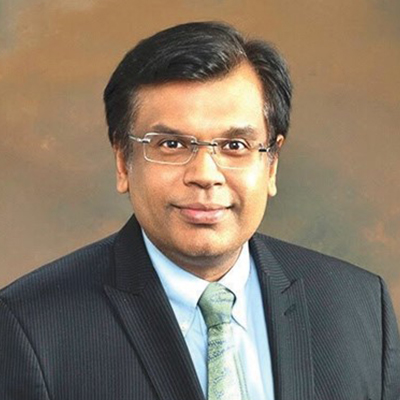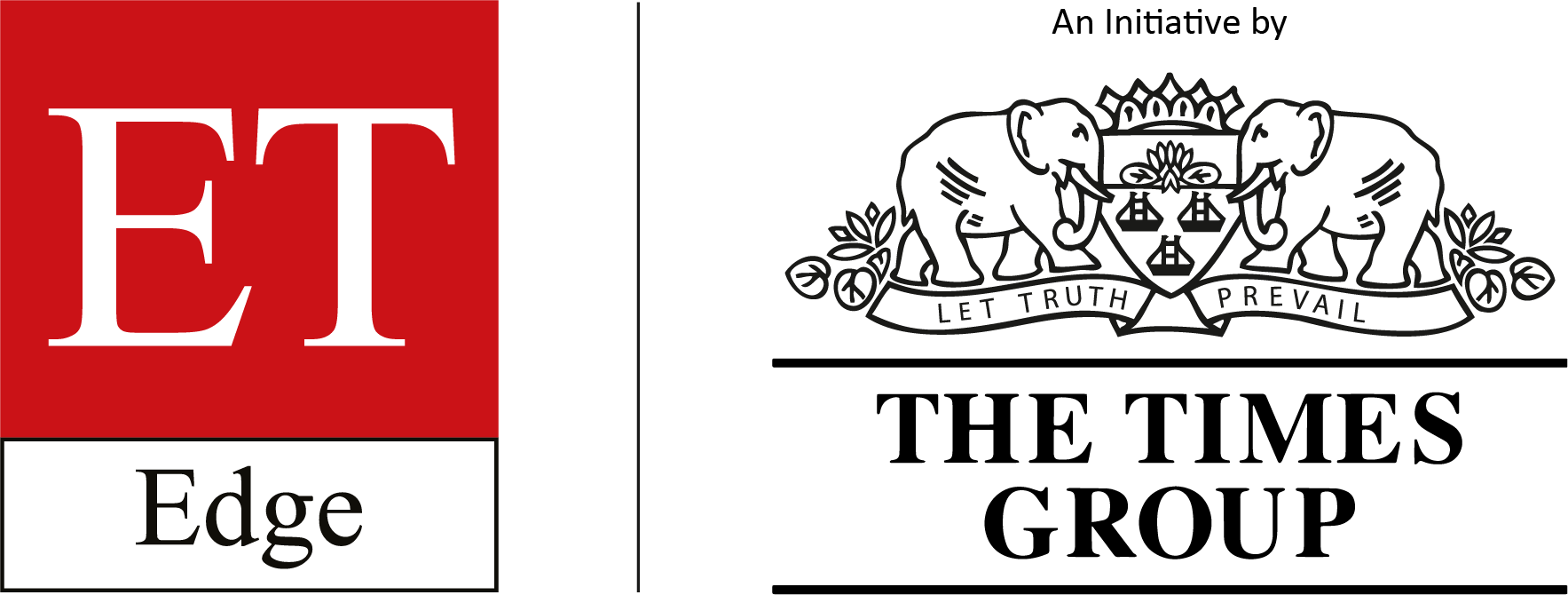
Dr. Vivek Lall
Chief Executive
General Atomics Global Corporation
Dr. Vivek Lall is Chief Executive of General Atomics Global Corporation based in San Diego, California. GA and affiliated companies operate on five continents. The company produces a series of unmanned aircraft (Predator/Reaper/Guardian) and provides electro-optical, radar, signals intelligence, and automated airborne surveillance systems. GA produces electro-magnetic aircraft launch and recovery systems, satellite surveillance, electro-magnetic rail gun, high power laser, hypervelocity projectile, and power conversion systems. GA is the principal private sector participant in thermonuclear fusion research through its internationally recognized DIII-D and inertial confinement programs. GA is a leader in development of next-generation nuclear fission and high-temperature materials technologies.
Lall has been appointed to the Advisory Board of the Quad Investors Network announced by The White House in 2023. He has also been appointed through the Pentagon as a United States Technical Team member to the NATO STO (Science and Technology Organization). He is on the Industry Advisory Board of the American Society of Mechanical Engineers (ASME). Lall serves on the International Advisory Group of the US Chamber of Commerce as well as Board of Directors of US Japan Business Council and the Global Board of Directors of the US India Business Council in Washington DC. He also serves as Senior Advisor to the Center for Commerce and Diplomacy at the University of California San Diego as well as on the Board of the Center for Advancing Global Business at San Diego State University. In 2018, he was appointed by the United States Government in a key advisory role to the US Cabinet Secretary heading Department of Transportation (encompassing entities like the Federal Aviation Administration) in Washington DC which affects US and global aviation policies and technologies. Lall served as Vice President of Aeronautics Strategy and Business Development at Lockheed Martin, the world’s largest defense company. Prior to that he has served as Chief Executive of U.S. and International Strategic Development at General Atomics Electromagnetic Systems. From 1996-2011, Vivek held numerous marketing and engineering leadership roles with The Boeing Company, the world’s largest aerospace company, including the Airplane Performance and Propulsion Group in Seattle. He was appointed as Vice President and India Country Head, Boeing Defense Space & Security in May 2007. He also worked as an adjunct faculty member at Embry- Riddle, McConnell Air Force Base. He also served as the founding Co-Chair of the US – India Aviation Cooperation Program launched in 2005. Prior to Boeing he worked for Raytheon and conducted research with NASA Ames Research Center in various multidisciplinary engineering fields. Lall was also a special advisor to the United Nations in New York, a role in which he steered the multi-nation body frame policy and its implementation in the area of broadband and associated cyber security issues.
Lall earned a Bachelor of Mechanical Engineering degree from Carleton University in Canada and a Masters of Aeronautical Engineering degree from Embry-Riddle Aeronautical University in Florida. He also has his Ph.D. in Aerospace Engineering from Wichita State University in Kansas and his MBA from City University in Seattle. He has also completed management and executive courses at the American Management Association in Washington DC.
Lall was conferred the President’s Lifetime Achievement Award by the President of the United States of America in September 2022. He has been conferred the “World Leader Award” by the House of Lords in the United Kingdom in 2023. He is also an Ambassador of the State of Arkansas as well as a Kentucky Colonel which is the most well-known US colonelcies conferred to several past US Presidents. He was also granted the Grand Cross by His highness Mahmoud Salah Al Din Assaf. Cambridge (UK) has listed him as one of only 2000 Outstanding Scientists of the Twentieth Century. He was President of the Mathematical Association of America. He has authored over hundred articles in various journals. He was also trained as a private pilot at the Phoenix International Flight Training Center in Florida.
